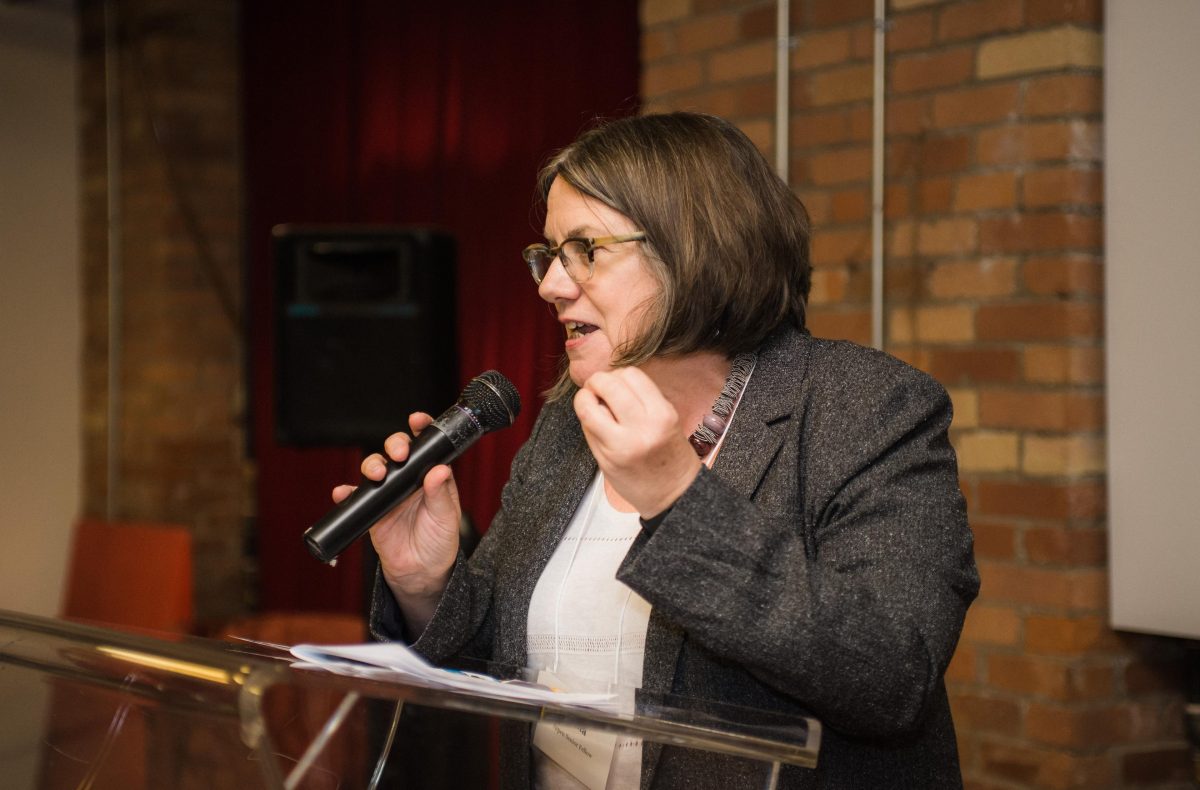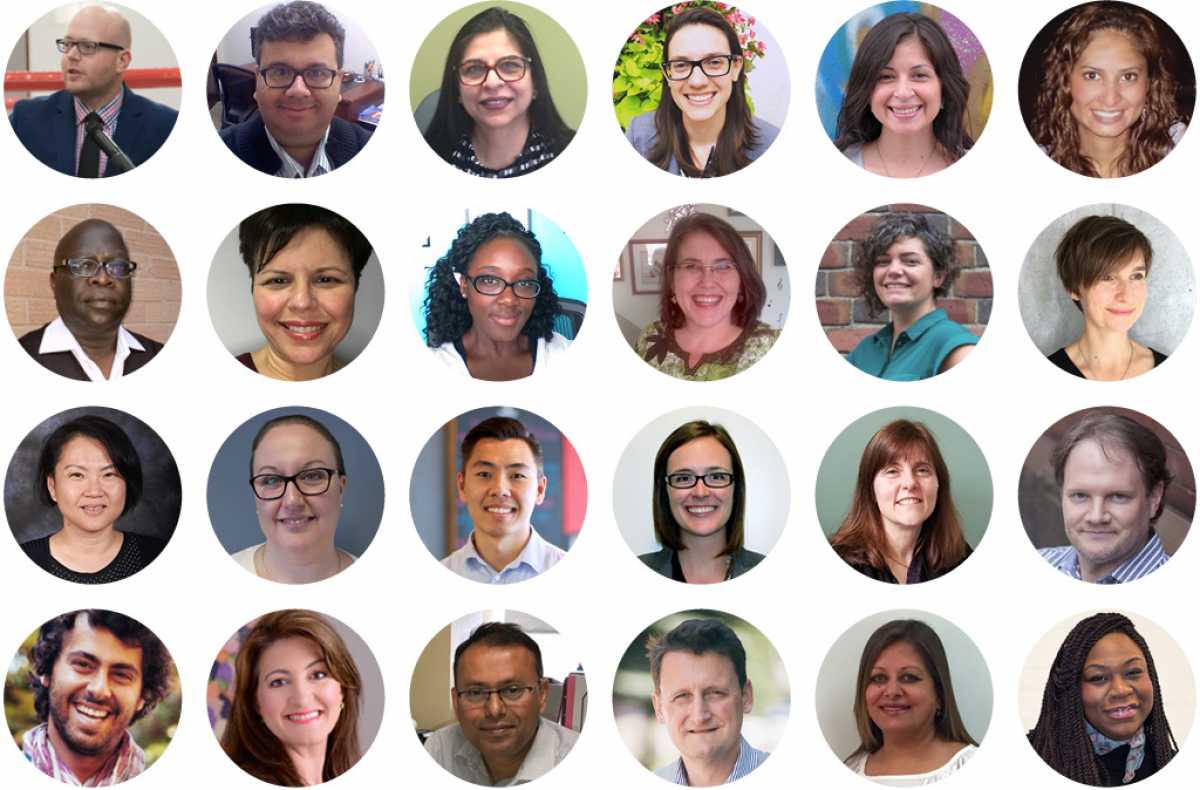Sheila Maguire has few rivals in the world of workforce development. In a career spanning over four decades, she has worked on three continents and created employment training leadership programs across North America. Her work in developing job programs has improved the lives of welfare recipients, people returning from prison, and marginalized young adults. A senior fellow at the Aspen Institute Economic Opportunities Program and now, as the lead facilitator of the Toronto Sector Skills Academy (TSSA), Sheila brings her unique insights and strategic capacities to the Metcalf Foundation. The first of its kind in Canada, the TSSA is a 10-month fellowship devoted to building the capacity of leaders in the workforce development sector. Founded in 2016 as a partnership between the Aspen Institute and the Metcalf Foundation, the TSSA is based on the pedagogy developed through the Institute’s work on its own national Sector Skills Academy. The curriculum has been modified and adapted for the Canadian environment, while also drawing upon American case studies and research. Metcalf and the Institute’s close collaboration means that upon completion, TSSA participants become Aspen Institute Economic Opportunity Fellows.
Sheila spoke to us earlier this year from her office in New York City.



